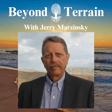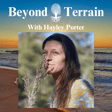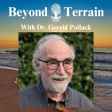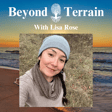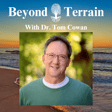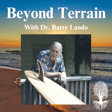
Bryan Michelson on Natural Movement, Hunting, Rhythm, and the Real Human Experience!
This week, we welcome back Mr. Bryan Michelson! Bryan truly talks the talk and walks the walk! He’s back to share more about his philosophy when it comes to movement and living like a true human being!
We discussed so many cool topics this week, including natural movement patterns, the benefits of training this way, getting into that flow state, staying loose, moving in rhythm, sitting on the floor, and more! We also got into hunting! Bryan, being from Africa, hunts some pretty cool game. Growing up hunting and running safaris, he has lots of experience in this area!
I hope you enjoy the episode!
Keep up with me (socials)
https://www.instagram.com/beyond.terrain/
https://linktr.ee/beyondterrain
Our vision at Beyond Terrain is best supported by sharing our work!
To go above and beyond:
BCH: bitcoincash:qq7eq276ylanluc5e39unrqshkvs9xsemg07yxezf7
ETH: beyondterrain.eth
BTC: bc1qqwc470ktgj3l4myqxr5hq67rnlqys0qm98u6f0
Learn more from and support our esteemed guest, Mr. Bryan Michelson
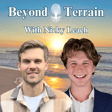
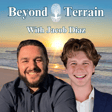
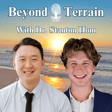
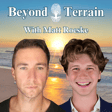

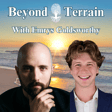
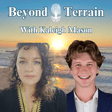
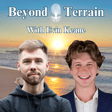
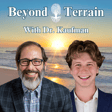
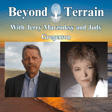
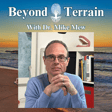
![DNA Doesn't Exist & Genomic Nonsense with Dr. Jerneja Tomsic [Part 2] image](https://media.zencastr.com/cdn-cgi/image/width=112,quality=85/image-files/652933f3a749dc383eb375de/ce5a5fd9-98c9-44fe-9b4b-3d0cd5abcf29.png)
